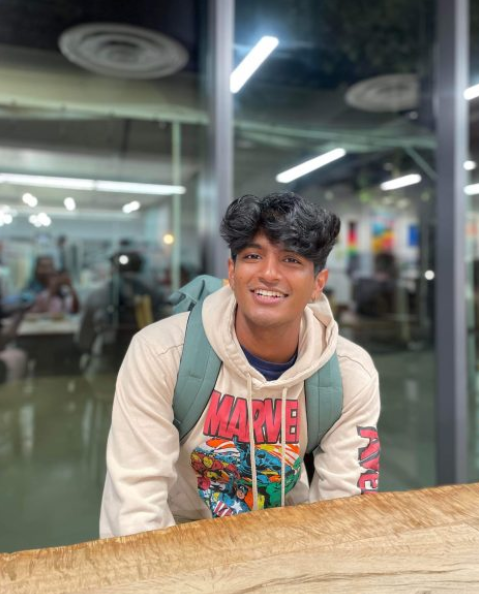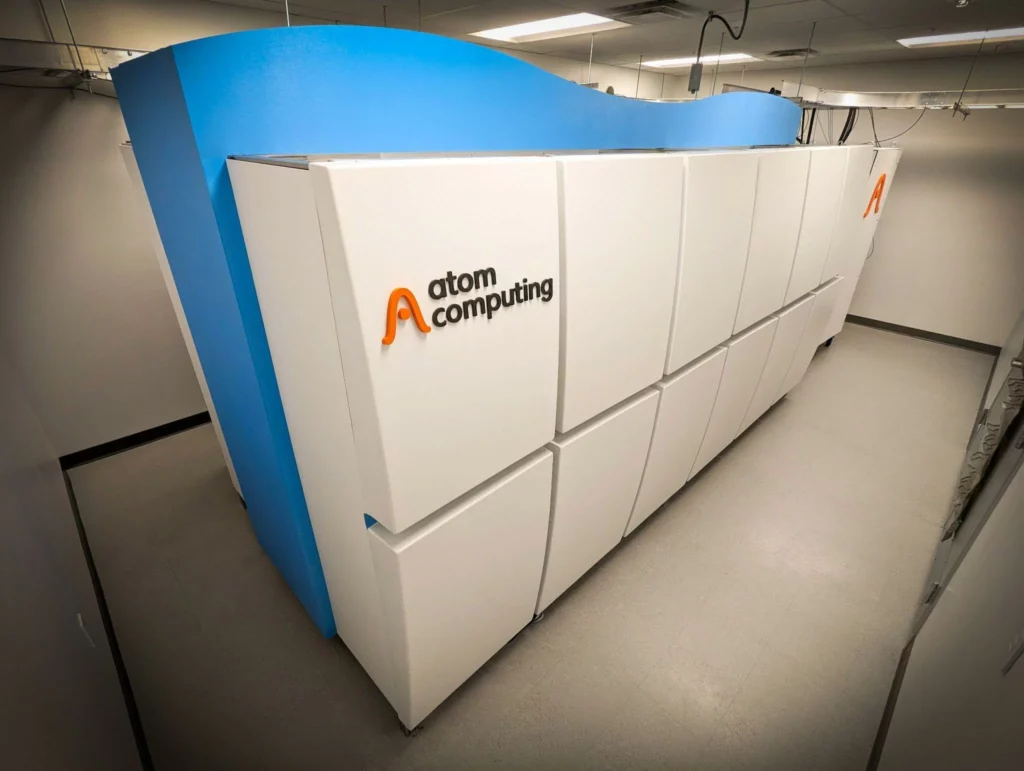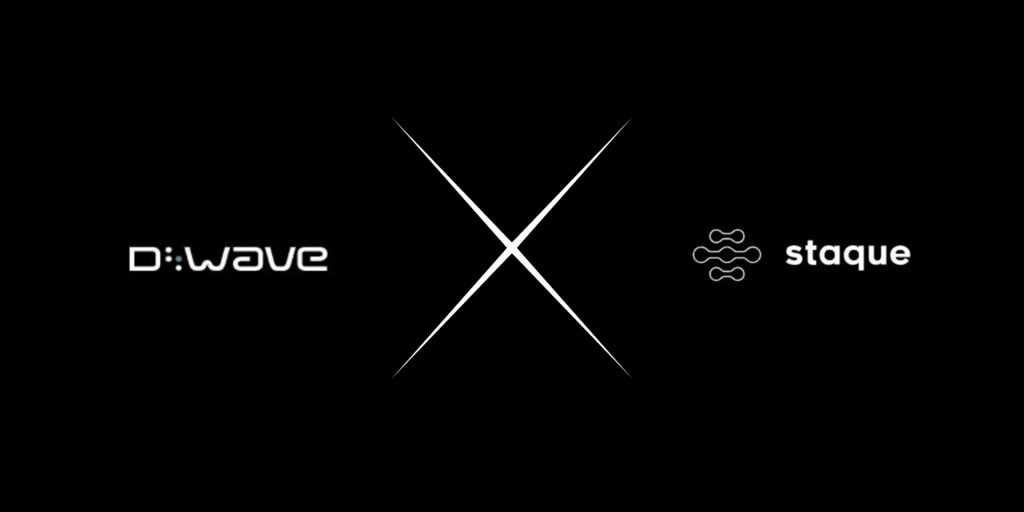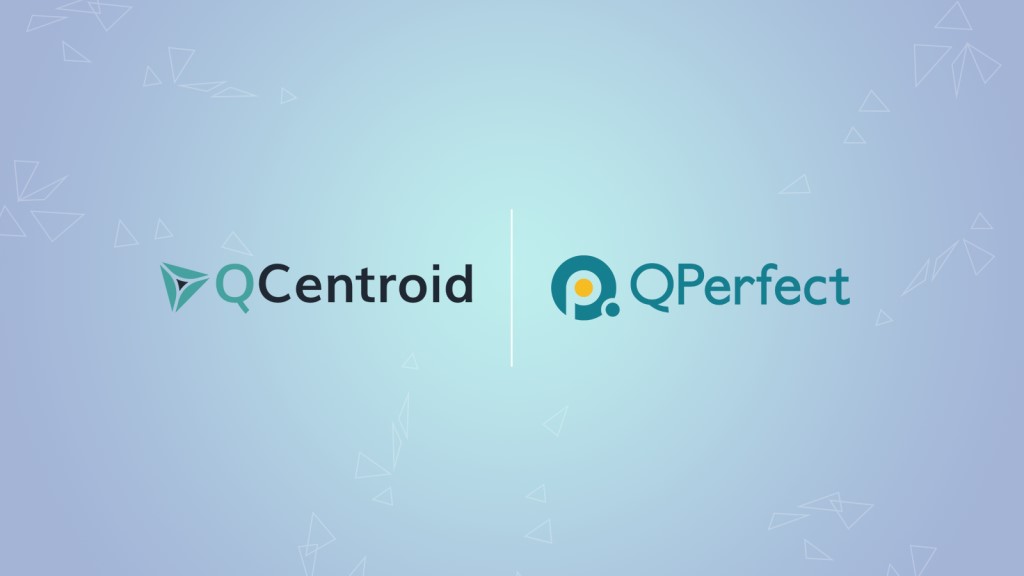Fermilab, formally known as the Fermi National Accelerator Laboratory, is one of the United States’ premier particle physics and accelerator laboratories. Located in Batavia, Illinois, it operates under the Department of Energy and has made significant contributions to the world of particle physics over the decades.
In recent years, Fermilab has increasingly ventured into the realm of quantum research. As the global scientific community pivots towards understanding and harnessing the power of quantum mechanics, the role of institutions like Fermilab becomes even more critical. Their facilities, expertise, and collaborative approach position them at the forefront of innovations and discoveries in quantum research.
High Schooler Co-authors Quantum Research Paper
Quantum computing offers numerous opportunities for emerging scientists. Yet, publishing research before entering college remains rare. Avi Vadali, however, has defied this norm. During the summer preceding his final year in high school, he took a research role at the U.S. Department of Energy’s Fermi National Accelerator Laboratory. His collaborative effort there culminated in a contribution to a journal article on machine learning and quantum computing. This work has been peer-reviewed and is set to be featured in Quantum Machine Intelligence in the near future.
“I was really into physics; I had been doing math research up until then and wanted to explore research a bit more,” said Vadali. The summer before his senior year of high school marked the beginning of Vadali’s journey into joining a research lab. It was then that Vadali began reaching out to a diverse group of professors and researchers, from university academics to those at national labs like Fermilab.
While Vadali received limited responses, he remained undeterred. Recalling a Saturday Morning Physics lecture by Fermilab scientist Gabriel Perdue, Vadali noted, “Gabriel made quantum computing incredibly accessible.” This inspired Vadali to think, “Working with him would be fantastic.”
Balancing Student Commitment with Fermilab Opportunities
Upon receiving Vadali’s email, Perdue expressed his pleasure in hearing from an attendee of the Saturday Morning Physics program. This 11-week initiative bridges the gap between students and researchers via lectures and virtual lab experiences. Enrolled students are urged to attend the entire lecture series, culminating in a certificate that can bolster their college applications.
“School needs to be their main focus,” said Perdue, noting that he was uncertain about the extent of research the young student could undertake. Although Vadali wasn’t the first high school student to step into the lab, Perdue always approached such collaborations with caution, unsure of a young researcher’s output potential. “Vadali had to get A’s in all his classes, and I didn’t want to tell him to skip class to do research,” Perdue added.
Perdue found Vadali’s dedication striking.
“He was really impressive,” Perdue remarked. “I essentially saw him as a senior graduate student.” They discussed complex problems at length, after which Vadali would independently find solutions.
Their collective aim was to design a program to determine the reliability of quantum computers in solving specific tasks. Given the high error rates of quantum machines, predicting their precision was crucial.
“If you’re able to get a sense of the error, you can determine if running an experiment is worth it,” said Vidali.
The team developed a machine-learning algorithm for this purpose and introduced it to intricate datasets akin to typical quantum computer challenges. Vadali, familiar with coding and having undergone machine-learning classes, jumped right in. However, the real challenge was navigating scientific vernacular and mastering genuine research.
“Learned a Ton”
“I learned a ton about what it means to be an academic conducting research at a high level,” said Vadali. “It is really hard to get research opportunities as a high schooler, and I’m really grateful that Gabe was willing to take a chance on me.”
Vadali collaborated with Perdue for about a year, initially for academic credit and later as a summer intern. Upon entering the California Institute of Technology in 2022, his research focus shifted to the fracton phases of matter, essentially mathematical physics. Vadali credits his Fermilab tenure for this pursuit.
“Getting early experience with quantum technology, academic paper writing and being part of a research group was really, really nice for me,” said Vadali, mentioning that it provided insight into his preferred research area and how to effectively collaborate within a research team.
He urges high schoolers to explore research opportunities.
“Don’t be discouraged when people don’t respond or people say no,” he said, “And when people say ‘yes,’ that’s a big opportunity; don’t let it slip by.”
For more market insights, check out our latest quantum computing news here.



















